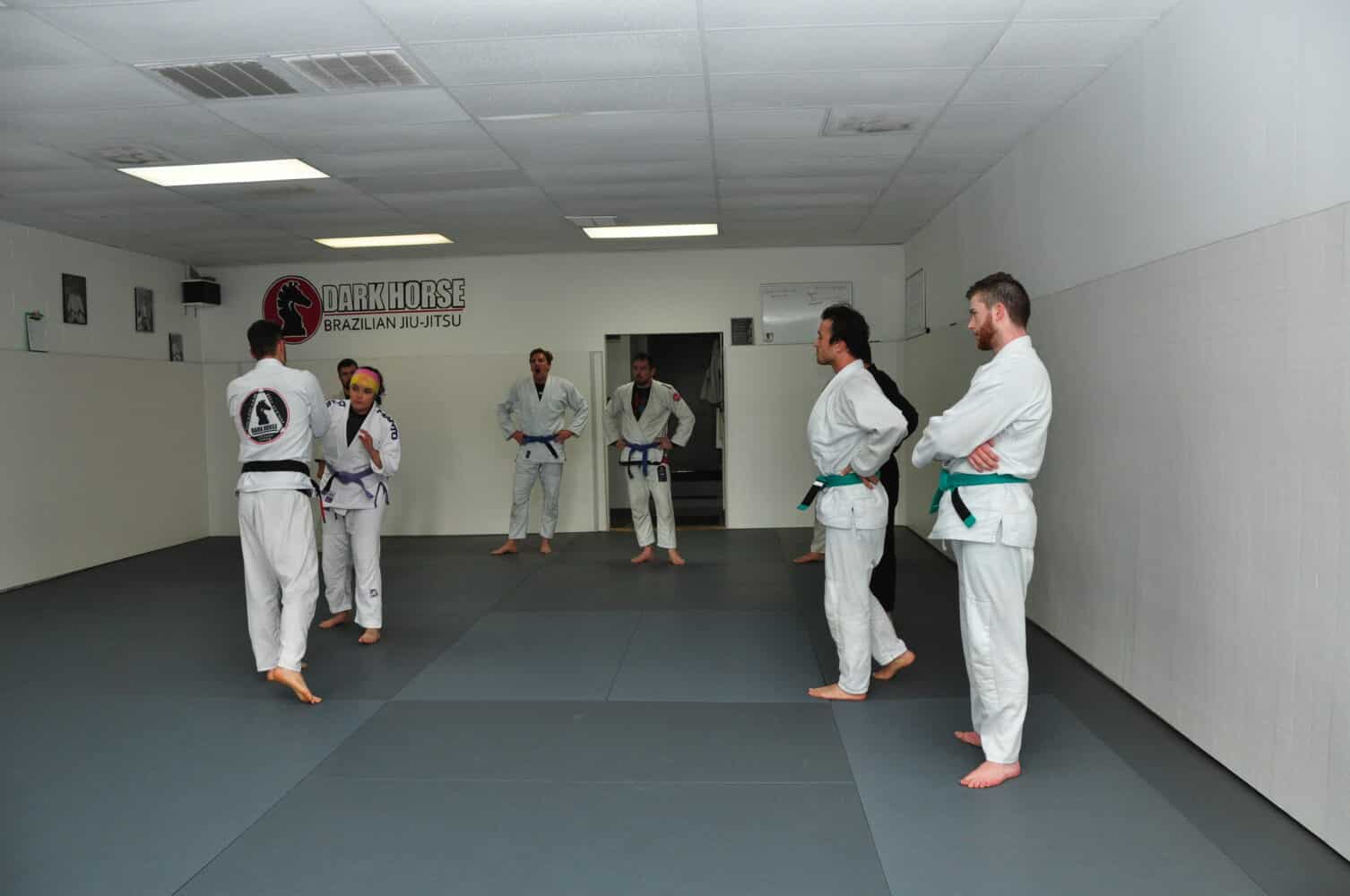BJJ Etiquette: Unwritten Rules Every Practitioner Should Know
BJJ Etiquette: Unwritten Rules Every Practitioner Should Know
Brazilian Jiu-Jitsu (BJJ) is more than just a martial art; it’s a community where respect, humility, and camaraderie are paramount. Whether you’re a seasoned practitioner or a curious newcomer stepping onto the mats for the first time, understanding the unwritten rules of BJJ etiquette can enhance your experience and help you forge meaningful connections within the community. Here, we explore some essential guidelines that every BJJ practitioner should keep in mind.
1. Show Respect to Your Professors, Coaches and the other Students
Respect is at the heart of martial arts. When you walk onto the mat, greet your coaches and fellow practitioners with a nod or a bow. This simple gesture acknowledges the hard work and dedication of those around you. Call all black belt Instructors Professor, and any other belt Instructor is a Coach. If you’re unsure of the customs in your gym, pay attention to how others interact and follow their lead.
2. Keep Your Gi and Gear Clean
There’s nothing more off-putting than a smelly, dirty gi. Before class, ensure your gi is washed and free of any odors. Personal hygiene is also crucial—trim your nails, maintain personal cleanliness, and avoid excessive cologne. Keeping yourself and your gear clean demonstrates respect for your training partners and the overall environment. There is gum, nail clippers, and other items available. Please ask for something if you need it.
3. Tap Early, Tap Often
In BJJ, tapping is not a sign of weakness; it’s part of the learning process. If you find yourself caught in a submission, tap early to prevent injury. Similarly, when rolling with partners, be mindful of their safety. If you sense they are in a position to get hurt, let go and allow them to tap. If they do not tap, let them know that they need to. A simple, “Dude you need to tap.” Can let someone know that they are in a compromised position. Fostering a culture of safety among practitioners is vital to everyone’s growth.
4. Be Mindful of Training Partners
Not everyone trains at the same level or with the same intensity. Beginners might still be mastering the fundamentals, while advanced practitioners are honing their skills. Be mindful of your partner’s experience and adjust your intensity accordingly. Rolling should always be a balance of challenging and supportive. Don’t be afraid to ask for a light roll or remind you partner to be aware of an injury you have as needed. Try to train up to higher belts and competitors levels. Higher belts and competitors need to challenge you but make sure that you stay safe.
5. Don’t Interrupt Classes
If you arrive late, wait where the instructor can see you and when they are done teaching or answering questions, ask them if you can jump into class. It’s important to respect the flow of instruction and the focus of your peers. If you have questions, wait until the lesson is complete or ask your instructor during the designated time for questions.
6. Use Proper Grips for Safety
When sparring or drilling, be conscious of your grips. Avoid grabbing your partner’s clothing or limbs in a way that can compromise their safety. Use grips that allow for effective training while prioritizing both partners’ well-being. Don’t grab the skin under the gi. Don’t go HAM on a submission that you don’t know and thus don’t know how to apply safely.
7. Know When to Roll and When to Observe
As a newcomer, it can be tempting to leap into every roll without fully grasping the techniques. Take time to observe classes, understand the flow, and learn the basic movements before joining in. This will not only enhance your learning but also show respect for those who have invested time in their training. If you are injured, coming in and watching a class is a great idea.
8. Support Each Other’s Growth
BJJ is not a competition of egos; rather, it’s a journey of personal improvement. Encourage fellow practitioners, celebrate their milestones, and offer constructive feedback when appropriate. Building each other up creates a positive training atmosphere that benefits everyone. Try to come to as many community events as you can. Make new friends and find time to drill with them.
9. Respect the Space and Equipment
The training space and mats are a shared resource. Keep the area clean and organized, and be mindful of your belongings. If you’re using equipment, return it to its designated place after use. This behavior reflects a culture of respect that upholds the integrity of the gym. If you have a band aid on make sure to pick it up when it falls off. Help sweep and mop up after the noon and last evening classes of the day.
10. Have Fun and Stay Humble
Lastly, remember that BJJ is meant to be enjoyable. Stay humble, and embrace every opportunity to learn, whether in victory or defeat. The journey is filled with challenges, and maintaining a light-hearted attitude can make each class a rewarding experience.
Conclusion
Understanding and practicing BJJ etiquette can significantly enhance your training experience and the experience of those around you. By showing respect, supporting each other, and fostering a positive environment, we can all contribute to a thriving community that continues to grow and evolve. So, whether you’re rolling with a white belt or a black belt, keep these unwritten rules in mind, and watch both your skills and your relationships flourish on the mats.
Published: January 23, 2025
Categories: Ettiiquette
